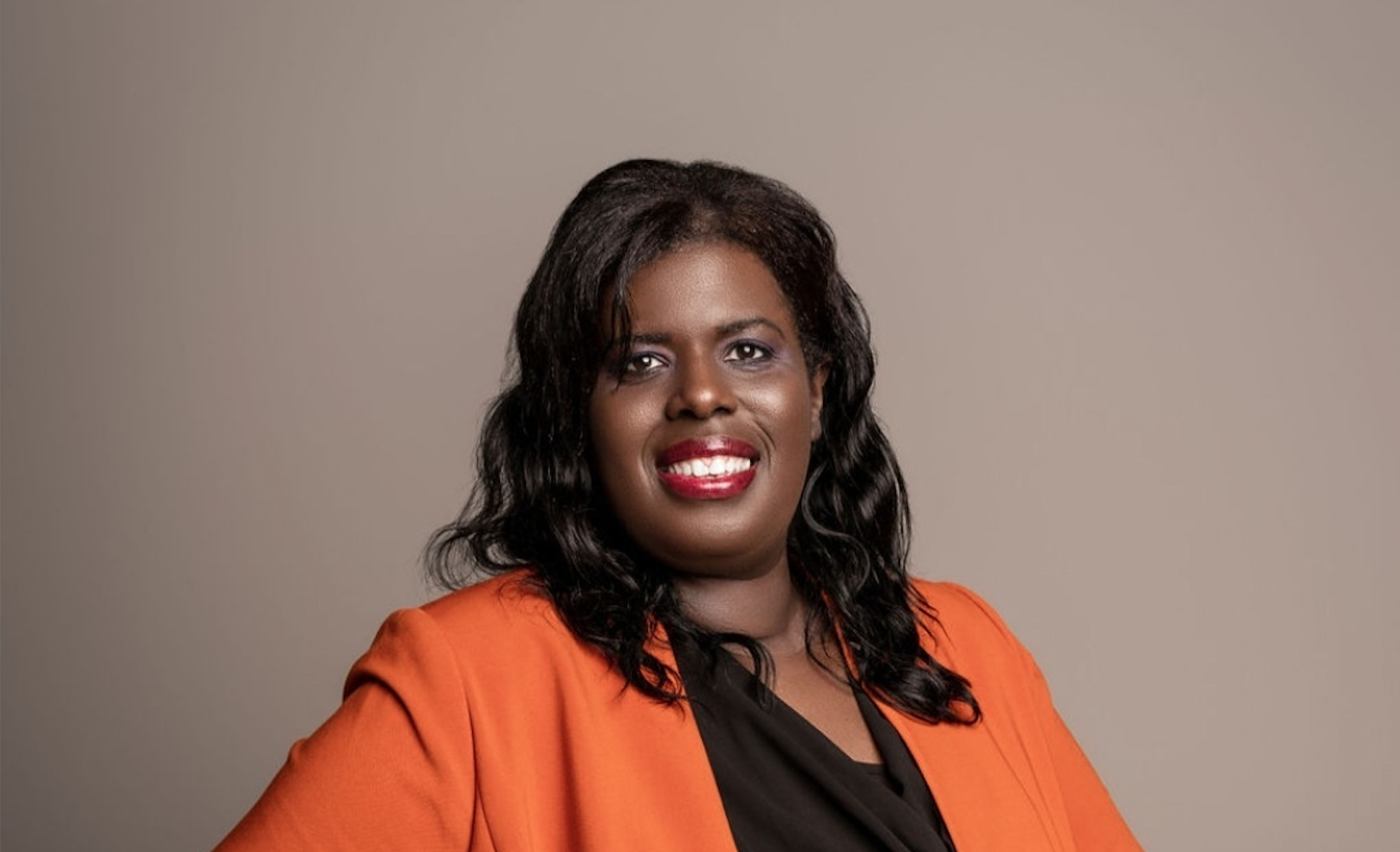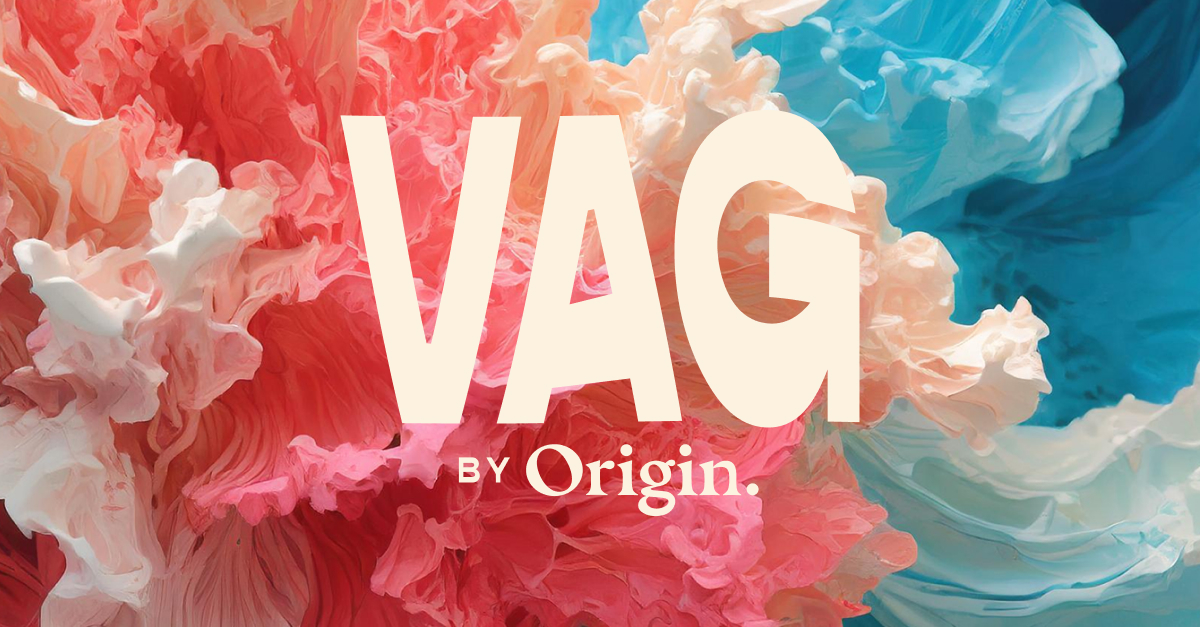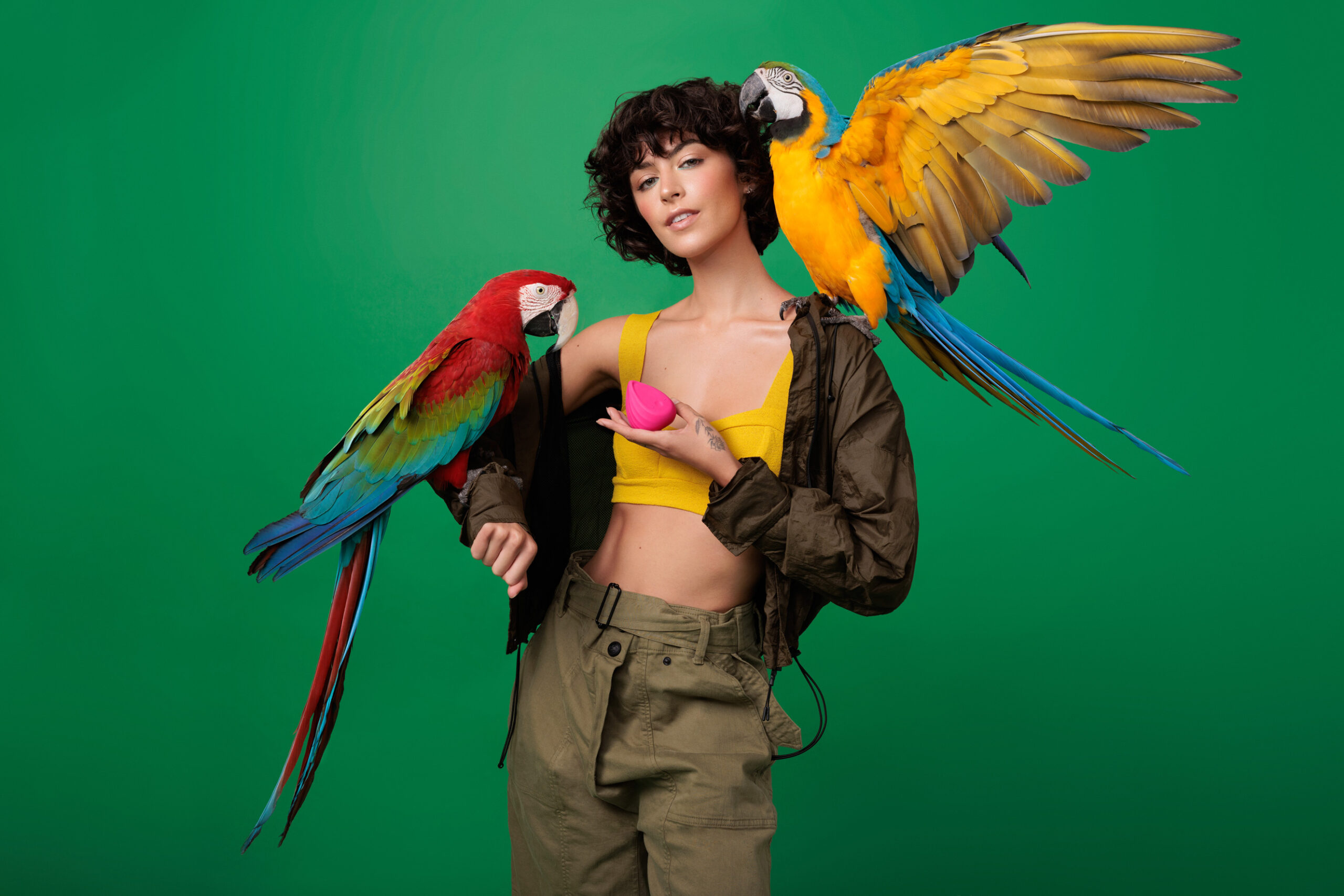
Hell yeah it’s Feminist Friday, queens! This week’s edition of our ongoing series is unapologetically black, brown, and intersectional. In a world where mainstream and pop culture spaces are dominated by Euro-centric voices and aesthetics, we proudly use our space to try to promote inclusion and diversity. It’s all about representation of people who have something valuable to say, and deserve more headlines and media.
First up this week, we’re going straight to the source of intersectional feminism – Kimberle Crenshaw. She is an American civil rights advocate and a leading scholar of critical race theory. She is also a professor at UCLA School of law and Columbia Law School, where she specializes in race and gender issues. Kimberle is the person who first coined the term “intersectionality” in 1989, as a term which would end up becoming a signature description of the modern feminist movement.
In ‘Mapping the Margins: Intersectionality, Identity Politics, and Violence Against Women of Color’, Kimberle outlined how different issues such as race, gender, social class, education status etc often intersect in different ways and therefore people experience discrimination or marginalization in different ways.
Close to 3 decades later, her words and scholarly thought are more relevant than ever, especially in light of a new political environment which has stoked up new fears over race, gender, class and so on. In her TED Talk from December, Kimberle talks about the “Urgency” of Intersectionality, and calls on us to bear witness to this reality and speak up for victims of prejudice.
For our second video, we’re talking a trip over to Saudi Arabia, a country that is not usually associated with feminism or gender equality, let alone intersectionality. Director Majedalesa has made a music video titled ‘Hwages’, which roughly translates to “changes” in English. Since being posted on Youtube at the end of December, the video has gone viral, racking up over 1.8 million views and counting.
The 3 minute piece is an artistic display of women’s defiance of a culture that restricts them in a number of ways. In the video we see niqab-clad women playing basketball, driving cars, dancing, and skateboarding. Essentially, things they are not socially permitted to do by law, in public, or without the chaperone of a man.
Alarabiya.net says the idea for the music video was based off another video that went viral in 2014, using the same lyrics. Not only are these badass women unashamedly enjoying themselves in ways they cannot IRL, they are doing it in front of the disapproving looks of men and boys. While the socio-political landscape is very slowly changing for women in the Saudi Kingdom, it has a long way to go.
Art and entertainment like this music video can play a powerful role in helping change the ingrained attitudes of sexism and oppression based on gender. It is not meant to be a slight on all men, simply those who have no problem perpetuating misogyny in a world where it does not belong.
Finally, we’re gonna leave you with some black girl magic! In light of the popular hashtag that was regularly seen on social media throughout 2016 to celebrate the achievements of black women in a range of different industries, (the Olympics, tennis, Music) Portland-based artist Blossom, who originally hails from Trinidad and Tobago, self-directed an empowering celebration of black and brown women set to the reggae beats of her track ‘Black Magic Woman’.
In the music video below we see women of all shapes, sizes, and nationalities dancing and celebrating who they are, away from the dominant white, male gaze we often see as the default lens of women in entertainment and music. When Beyonce took a distinctive turn in her music the past year to unapologetically celebrate her black identity, it was a signal to the pop world that being black, or anything other than the “permissible” norms, would no longer be something the singer would shy away from. Up-and-coming artist Blossom is not only using her music to add to this message, but says throughout the track that it is an ode to ALL women that they should embrace their identities.
“Let’s take our minds back to a place where we could vibe with individuality. Comes with a certain type of quality of magic that you’ll find in you and me. I spread this message in music for all to hear. Won’t see it coming but just know the time is near. Black magic woman will come back to take back her rights to remain black,” sings Blossom.
















